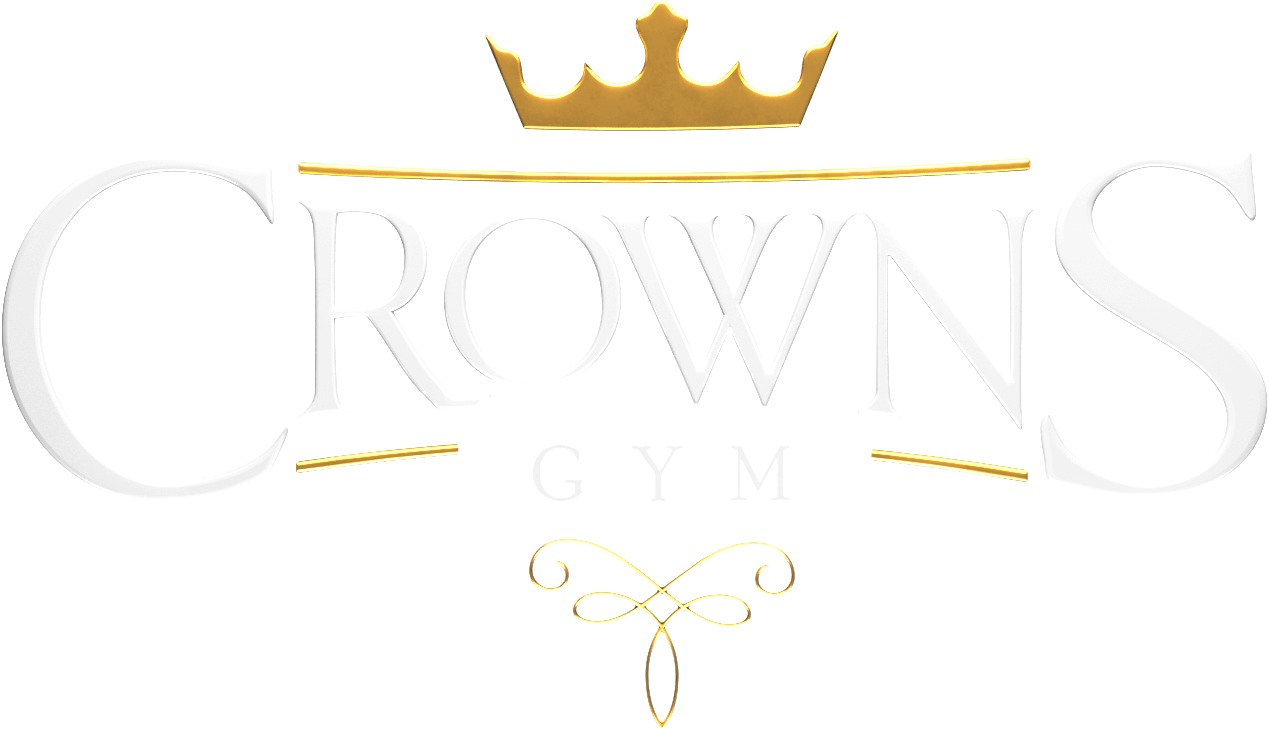Speaking to Ted Lawlor of Crowns Gym Beckenham, heavyweight boxer Johnny Fisher shares insights into his early days in the ring, the discipline instilled in him from a young age, and the mindset that’s carried him through sport, study, and life ahead of his clash with Dave Allen on May 17.
From childhood memories at Ongar ABC to the power of music before a spar, Johnny opens up about what drives him—and what advice he’d give to anyone chasing a dream.
Q: What was your first day in the gym like for you? What were you feeling? Were you nervous, excited? And more importantly, did you have a big vision back then?
The first time I walked into the boxing gym I was probably 5 or 6 years old. I boxed at a club called Ongar ABC in a little unit around the back in Ongar not far from Brentwood.
Alan Bush was my trainer and he’s my friend now, and he was my friend then.
But, you know like when you’re a 5, 6-year-old kid and you see an older man, like quite stern getting all the kids into line, he was like a school teacher vibe. You’re a little bit scared, but there’s a respectful authority with him. So I just remember going there thinking, I can’t muck about, I can’t be stupid, I’ve got to act sensible and I’m in for some hard work.
My first memories of that — yeah, my granddad taking me there and just like every other kid, you know, there were about 30, 40 kids there doing your running up and down outside the gym and doing your groundwork at the end, and afterwards you can have a chocolate bar, a bit of fish and chips, something like that.
Q: You spoke about that authority figure. You seem to be someone with a lot of discipline — obviously, to be in your sport, you need it. And before boxing, you went to uni, you played Rugby, you did so many different things. How important was it for you to maintain that high level of standard in anything you did and give it your all, no matter what it was?
Well, it’s what I’ve been taught from young — my mum and dad especially, and my grandad. Even from schoolwork to Rugby to boxing — everything you do, you’ve gotta give 110%. It doesn’t mean you’re gonna be the best at it, but as long as you give your best, that’s all you can ask for. That should be the bare minimum — to give 110% of what you’ve got.
And I think the way that boxing is a really, really hard sport — it’s the hardest sport you can do — I think that sort of attitude has stood me in good stead. And that’s why I was drawn to boxing, because it’s the hardest challenge. And I’ve always been one to give my best in whatever I do, whether that’s at school or in sports.
Q: Talking of mindset, do you use any unique techniques when it comes to training, in terms of visualization, hypnotherapy, meditation — do you use anything like that at all?
Nothing fancy. But one thing that gets you in the mood is a good bit of music. Yeah, just put a good bit of music on when you’re sparring, when you’re shadow boxing or getting ready — mainly when you’re getting ready to spar. It just sets the tone.
A bit of classical music from some good films that I like, whether that’s The Last of the Mohicans or Braveheart, or you think about films like Rob Roy — films like that — it sets the tone for the spar. It’s not about going crazy and going mental. It just hones in your concentration. And when you’re concentrating, you’re flowing. It all makes sense more, and hopefully that will lead to better spells and better performances in fights.
Ted: Yeah, and it’s scientifically proven as well. That’s called a trigger. So when you play that sort of music that fires you up, it gets all your neurons actually firing in the right way.
Johnny: So that’s exactly how I feel. There’s a few things I’ll do before sparring training. Obviously make sure you’ve drunk plenty of water, filled up properly, and a coffee and some water and some music. That’s all you need. And I think you don’t have to make it complicated, but if you’ve got a good little routine, then you’re in a good place. Yeah, sorted.
Q: What would your advice be for the young people out there that are looking to go for a dream? They may not necessarily know exactly what it is, but they just know they’re destined for more. What would your advice be for them?
A: Don’t think about the dream or the end destination — just think about what you’ve got to deal with today. What have you got to beat today? How do you win the day, one step at a time?
I remember when I was at uni, I was probably living off 30, 40 quid a week, my dad giving me 15 quid here, 20 quid there when he dropped me off. And I was just thinking about — oh, I like playing Rugby, I like doing boxing, I’m gonna try and do both if I can.
I didn’t think of a bigger picture at all. I just found a goal to work towards within the reaches of what was possible. And then you just keep winning the day, winning the week, and then before you know it, opportunities come.
And do that thing that you’re not scared of, but the thing that frightens you a bit to do. I think sometimes when you do that, that’s when good things happen — when you do things that scare you a little bit.
